论黑格尔的市民社会伦理观及其现代意义
硕士学位论文I内容摘要本文以黑格尔的《法哲学原理》为主要文本,以市民社会伦理观为核心范畴,以国内学者关于黑格尔市民社会理论及其伦理观的研究为基础,以当代中国社会转型时期社会伦理建构为主要背景,阐述了黑格尔市民社会伦理观的源起、主要内容、历史影响及其现代意义。全文分为四章,主要内容如下。本文第一章主要梳理了黑格尔对资产阶级启蒙思想家契约伦理的批判和超越。按照社会契约论,市民社会是分散的、原子式的个人的集合,个体道德意识是全部社会与国家的伦理基础,其本性是理性自利的。除了个体的道德意识外,所谓民族、国家的伦理精神是没有其真实本性的。这一思想可以简要地概括为“市民社会道德观”。通过区分“道德”与“伦...
相关推荐
-
10KV电网D-SCADA 系统信息采集与故障诊断研究与设计VIP免费
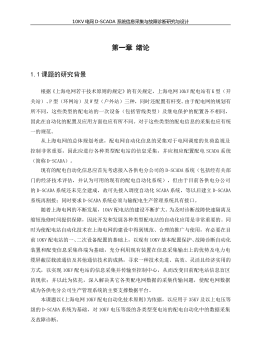
 2024-10-14 26
2024-10-14 26 -
方形吸顶散流器平送风等温射流特性研究VIP免费
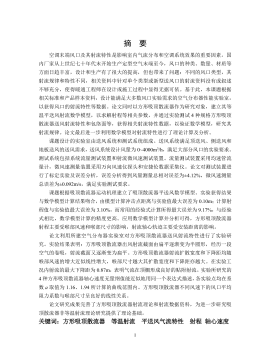
 2025-01-09 7
2025-01-09 7 -
关于充液声导波传感器中频散兰姆波的研究VIP免费
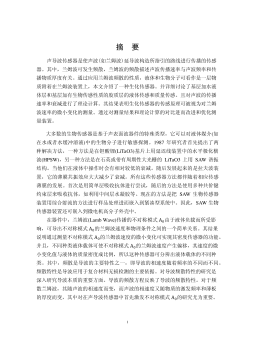
 2025-01-09 10
2025-01-09 10 -
结合梁斜拉桥施工过程中考虑剪力滞影响的分析方法VIP免费

 2025-01-09 6
2025-01-09 6 -
空调房间热舒适性的数值模拟与实验研究VIP免费
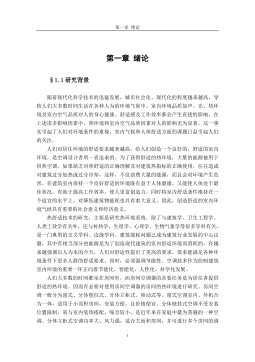
 2025-01-09 7
2025-01-09 7 -
汽车前轮线控转向系统研究VIP免费
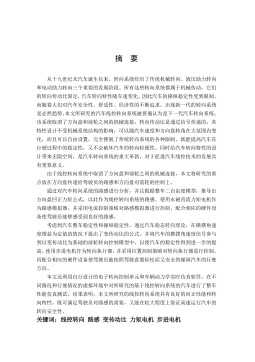
 2025-01-09 8
2025-01-09 8 -
输入分配型混合动力车辆动力系统控制策略研究VIP免费
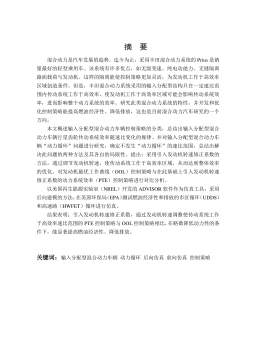
 2025-01-09 7
2025-01-09 7 -
双馈风力发电系统的柔性并网控制研VIP免费
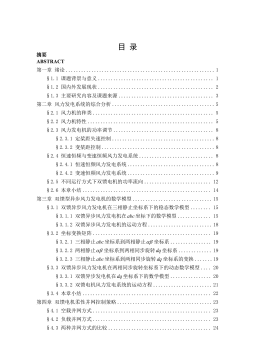
 2025-01-09 10
2025-01-09 10 -
污水处理厂污泥好氧堆肥发酵技术的试验研究VIP免费
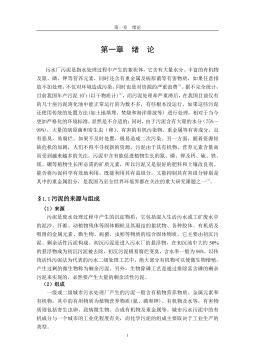
 2025-01-09 7
2025-01-09 7 -
应用风室试验装置的风机性能VIP免费
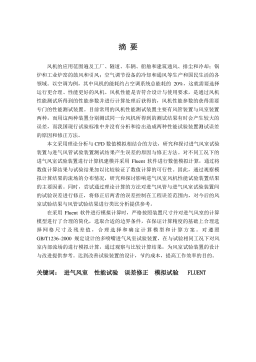
 2025-01-09 8
2025-01-09 8
相关内容
-

汽车前轮线控转向系统研究
分类:高等教育资料
时间:2025-01-09
标签:无
格式:PDF
价格:15 积分
-

输入分配型混合动力车辆动力系统控制策略研究
分类:高等教育资料
时间:2025-01-09
标签:无
格式:PDF
价格:15 积分
-

双馈风力发电系统的柔性并网控制研
分类:高等教育资料
时间:2025-01-09
标签:无
格式:PDF
价格:15 积分
-

污水处理厂污泥好氧堆肥发酵技术的试验研究
分类:高等教育资料
时间:2025-01-09
标签:无
格式:PDF
价格:15 积分
-

应用风室试验装置的风机性能
分类:高等教育资料
时间:2025-01-09
标签:无
格式:PDF
价格:15 积分






